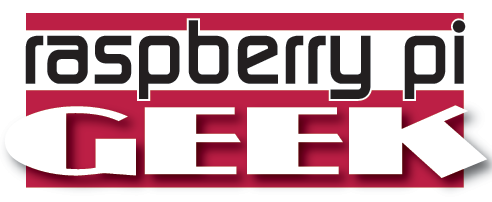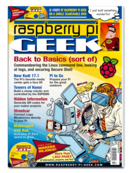Up close with the Banana Pi
The Raspberry Pi computer has been a runaway success since its release two and a half years ago. With success comes imitation, and many new products are seeking to follow in the footsteps of the Raspberry Pi and cash in on the renewed interest in computing, programming, and hacking.
One of these hopefuls is the Banana Pi [1], which you could only describe as a Raspberry Pi clone. The Banana Pi was designed and built in Shenzhen, China, where a large number of your gadgets and other possessions are likely manufactured.
I find it a little bit disappointing to see boards coming out that are (to most people) such blatant clones of the Raspberry Pi and that do not currently give back to the community in the same way – but I suppose it would be naïve to assume this would not happen in today's world. Having said that, the old saying goes "imitation is the highest form of flattery," and ultimately, I think that more choice in the open source marketplace can never be a bad thing. I guess the very fact that people are trying to build businesses on top of the Raspberry Pi ethos and form factor goes to show what an impressive and solid platform it is for everything from learning and hacking to industrial applications. So, without further ado, I'll unpack this new product – the Banana Pi.
[...]
Buy this article as PDF
Pages: 8
(incl. VAT)







